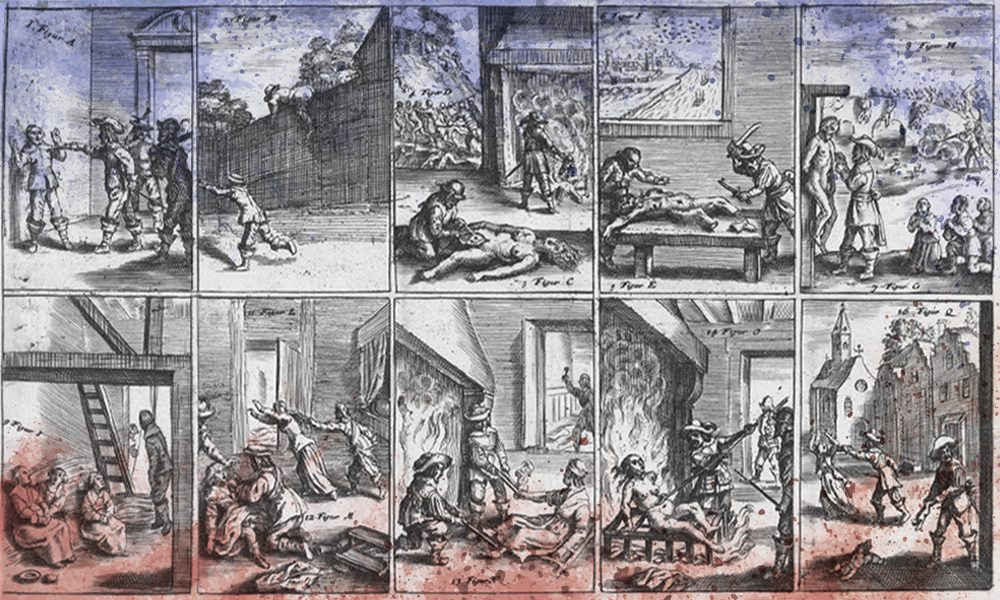
Programmes
Join our mailing list to be notified when new programmes are released
Register now
Features, Religion, Talks
Interviews, Ireland
1641, Interviews, Ireland
Books, Interviews, Oliver Cromwell, Second Civil War, Wales
Battles, Books, Education, Interviews, Teachers
Interviews, Series, Wales
1641, Interviews, Ireland
Ireland, Religion, Scotland, Series, Talks
Ireland, Religion, Scotland, Series, Talks
Ireland, Religion, Scotland, Series, Talks
Academic, Interviews
1640, 1641, 1642, Charles I, Interviews
Key Questions, Oliver Cromwell, Talks, Teachers
1658, Education, Key Questions, Oliver Cromwell, Restoration, Series, Teachers
Education, Key Questions, Oliver Cromwell, Series, Teachers
1660, Restoration, Series, Talks
1642, Causes of Civil War, Series, Talks
Interviews, Key Questions, Oliver Cromwell
1647, Education, Key Questions, Oliver Cromwell, Series
1647, Education, Key Questions, Oliver Cromwell, Series
1647, Education, Key Questions, Oliver Cromwell, Series
1647, Education, Key Questions, Oliver Cromwell, Series
1647, Education, Key Questions, Oliver Cromwell, Series
1647, Education, Key Questions, Oliver Cromwell, Series
Interviews, Key Questions, Religion, Teachers
Interviews, Key Questions, Religion, Teachers
Interviews, Key Questions, Religion, Teachers
Interviews, Key Questions, Religion, Teachers
1649, Charles I, Key Questions, Series, Talks
Education, National Civil War Centre, Teachers, Video
1645, Battles, Civil War Petitions Project, Interviews, Military Medicine
1645, Charles I, English Civil Wars, Interviews, Military History, Oliver Cromwell
Civil War Petitions Project, English Civil Wars, Interviews
English Civil Wars, Interviews, Royalists
Civil War Petitions Project, English Civil Wars, Interviews
English Civil Wars, Interviews
Civil War Petitions Project, English Civil Wars, Features, Interviews, Mental Health, Military Medicine
1649, Charles I, Education, English Civil Wars, Key Questions, Second Civil War, Talks, Teachers
Charles I, English Civil Wars, Key Questions, Royalists, Talks, Teachers
1640, 1641, Charles I, Education, English Civil Wars, Key Questions, Talks
English Civil Wars, Interviews
Academic, Charles I, Education, English Civil Wars, Key Questions, Talks, Teachers
1649, 1660, Academic, Education, English Civil Wars, Key Questions, Oliver Cromwell, Talks, Teachers
1642, 1649, Academic, Charles I, Education, English Civil Wars, Key Questions, Second Civil War, Talks, Teachers













































